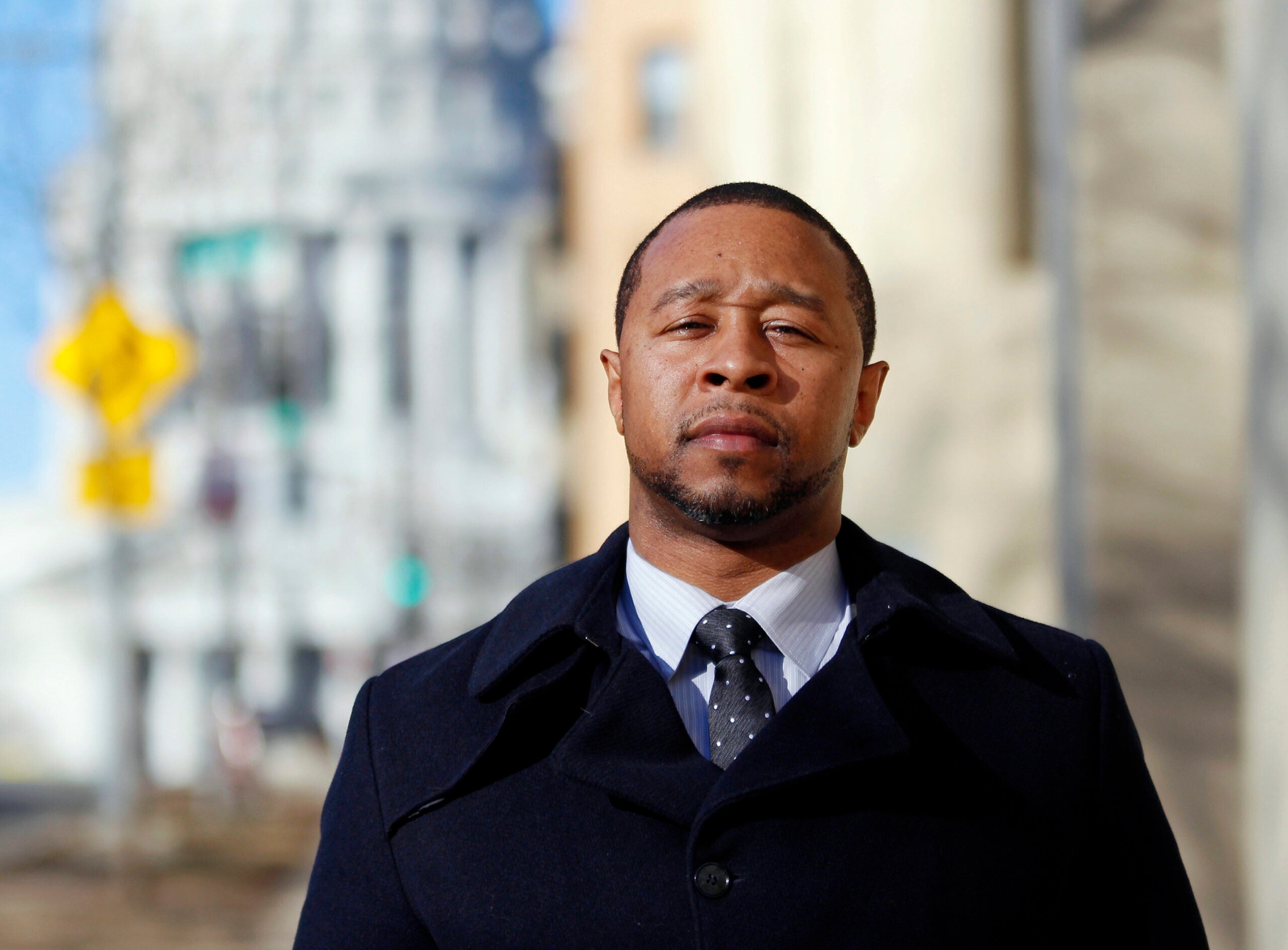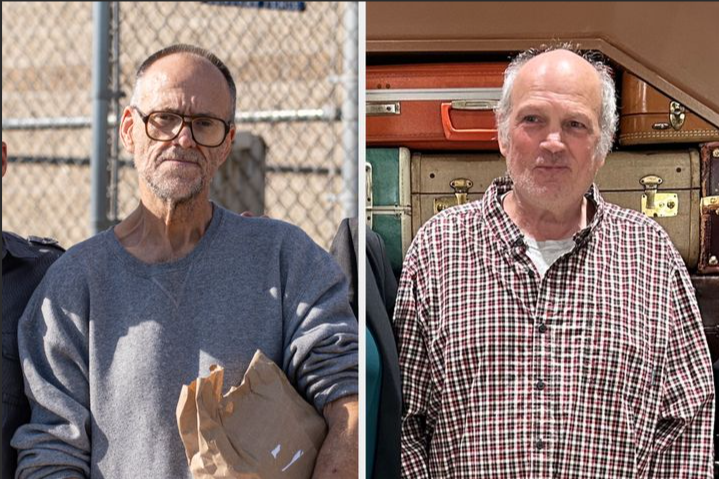A new crime documentary series on the video streaming service Netflix focuses on one of Wisconsin’s most infamous murder trials and raises nagging questions about the guilt or innocence of the two people convicted in the 2005 killing of photographer Teresa Halbach.
The 10-part series begins two years before the Halbach murder, when Steven Avery was released from prison after serving 18 years in prison for a rape that he didn’t commit. DNA evidence proved another man, Gregory Allen, was the rapist. When Avery was arrested in connection with Halbach’s death, he was in the process of suing the Manitowoc Police Department for $36 million.
Much of the series focuses on Avery’s lawyers’ efforts to prove police planted evidence to convict him to avoid the lawsuit. But filmmaker Laura Ricciardi said that her only goal was to raise broad questions about how police investigate crimes and how prosecutors sometimes get tunnel vision when they focus on only one suspect.
Stay informed on the latest news
Sign up for WPR’s email newsletter.
“It’s really a look at the criminal justice system more than an exploration of ‘Did he do it? Didn’t he do it?” she said.
But Ken Kratz, the prosecutor in the Halbach case, said the filmmakers left out much of the evidence that eventually convinced the jury that Avery and his 16-year-old nephew, Brendan Dassey, raped and murdered Halbach and then burned her body in burn pit next to Avery’s trailer, where her bones were found. Kratz said the series is an advocacy piece.
“They edited together statements, kind of handpicked pieces of evidence, to kind of waltz the audience down a path that leads to only one conclusion,” he said. “That’s the innocence of Mr. Avery and Mr. Dassey.”
Kratz remains convinced that the real killers are behind bars. However, he said he has received hundreds of hate-filled emails from people saying they hope he dies a painful death for railroading two innocent people.
Jerome Buting, one of the two attorneys who defended Avery, said that his inbox is also overflowing — not with hate mail, but with messages praising the defense team for trying to expose police misconduct.
“All of it is very positive about the efforts that (fellow defense attorney) Dean Strang and I made trying to defend Mr. Avery, and a lot of outrage that this kind of biased investigating could take place, and a lot of wonderment about how citizens of Manitowoc could allow this to happen,” he said.
Buting said he hopes the series prompts someone to come forward with information pointing to someone else who might have killed Halbach.
Regardless of whether that happens, there is an irony at the center of this story: Avery’s original wrongful conviction for rape prompted the state Legislature to enact important reforms in how police deal with eyewitness testimony and interrogation techniques to insure innocent people don’t wind up in prison.
Just as they were being enacted, Avery was back in jail facing murder charges. In the film, Strang said that’s hard for him to accept.
“There’s a big part of me that really hopes that Steven Avery is guilty of this crime. Because the thought of him being innocent of this crime and sitting in prison for something he didn’t do, now for the rest of his (life) without a prayer of parole — (I) can’t take that,” he said.
Both Avery and Dassey continue to proclaim their innocence and 10 years after their convictions, both are working on appeals to win new trials. Avery’s appeal is based on a claim that his blood was planted in Halbach’s car. Dassey’s lawyers say police improperly coached the 16-year-old to confess.
Wisconsin Public Radio, © Copyright 2025, Board of Regents of the University of Wisconsin System and Wisconsin Educational Communications Board.




